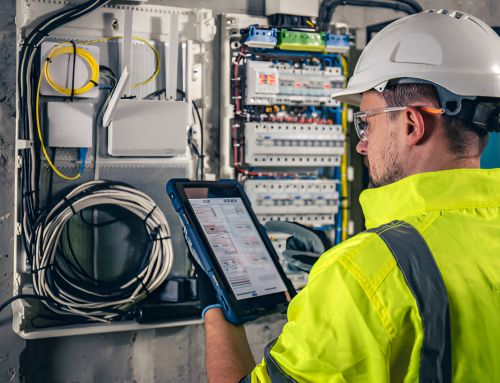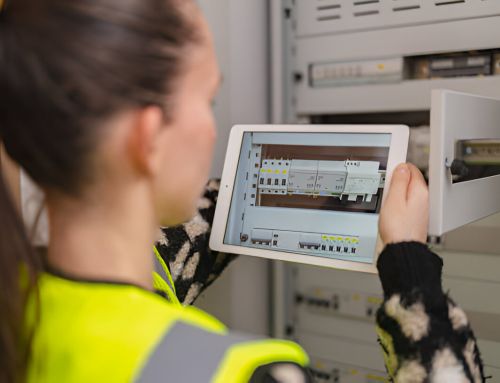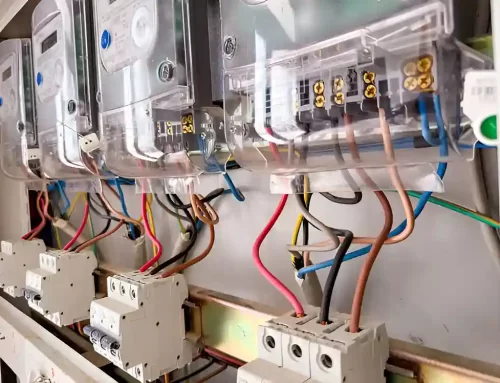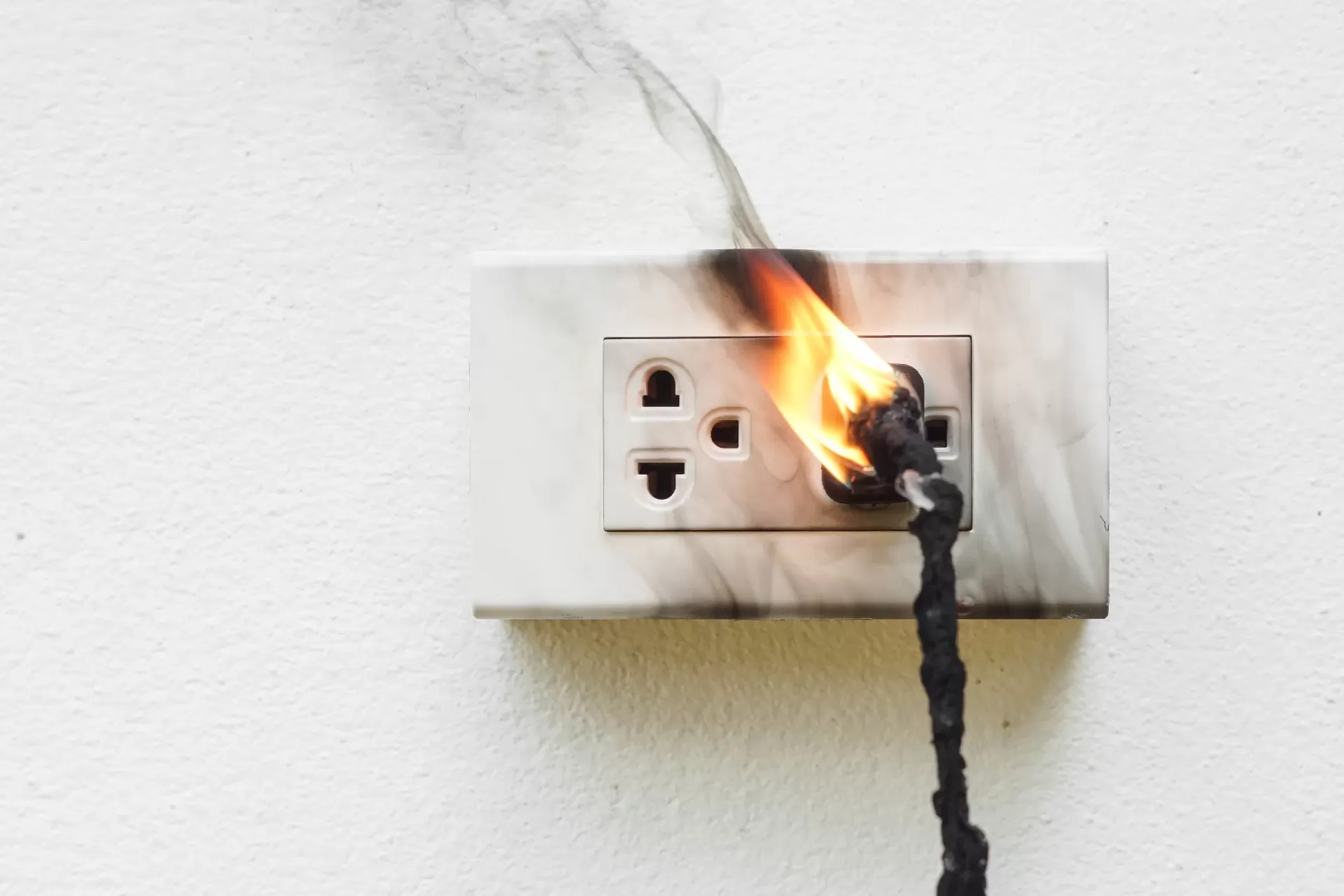
Is it true that mandatory electrical safety inspections could prevent potential hazards and reduce insurance claims?
I think it is, and here’s why. As a property owner, I’ve seen firsthand how a lack of regular inspections can lead to serious safety risks and expensive repairs.
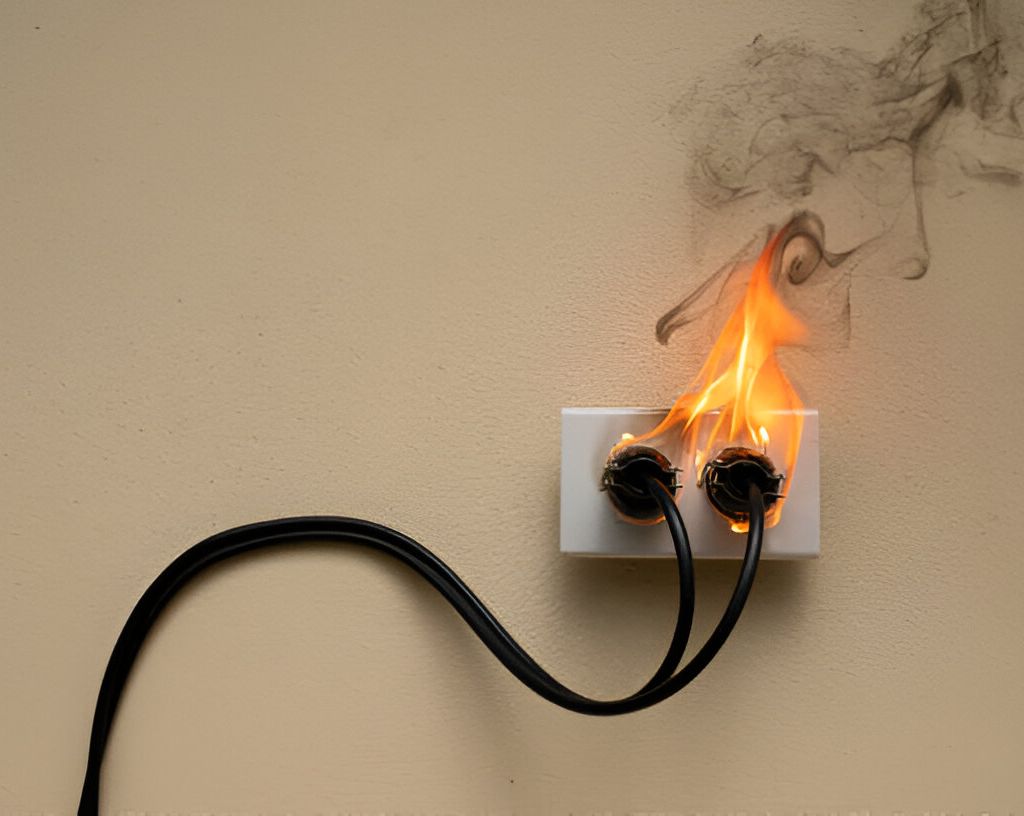
The new laws for 2024 mandate such inspections, and while they might seem burdensome, I believe they’re essential for the wellbeing of both tenants and landlords.
Stick around as we unpack the ins and outs of these regulations and what they mean for you.
Understanding EICR Requirements
Navigating the landscape of EICR requirements, it’s crucial to understand that an Electrical Installation Condition Report isn’t just a legal obligation for private landlords but also a pivotal measure in ensuring tenant safety and maintaining property value. Balancing landlord obligations with safety standards is essential, and EICR plays a central role in this process.
By ensuring regular electrical inspections, landlords can meet compliance requirements while providing essential tenant protection. These inspections serve to identify potential faults and safety risks in the electrical installations, mitigating hazards and preventing incidents. Ignoring these inspections can lead to serious legal and financial repercussions.
In essence, understanding and adhering to EICR requirements is a non-negotiable aspect of responsible property management.
EICR Inspection Detailed Process
Delving into the intricate process of an EICR inspection, it’s important to understand that each step is meticulously designed to ensure the electrical safety of a rental property.
The process begins with a qualified electrician conducting thorough inspection procedures, using specialized testing equipment to examine the electrical systems. This includes checking for any signs of overload, potential electric shock risks, and fire hazards. It’s all about fault identification and rectifying them to maintain safety. Safety precautions are observed throughout, ensuring no harm comes to the property or the inspector.
Following the inspection, a detailed EICR report is prepared, confirming the certification validity. If any faults are found, they’re duly noted for future rectification. The EICR inspection is truly a comprehensive safety process.
Steps for Obtaining EICR
Securing an Electrical Safety Certificate (EICR) is a multi-step process that requires careful foresight and planning, especially for landlords in the private rented sector. Recognizing landlord responsibilities is essential, as they’ve to ensure tenant safety by complying with electrical regulations.

The inspection process begins with hiring a licensed electrician, who conducts a thorough examination of the property’s electrical systems. Any faults identified need addressing promptly to ensure that the property meets safety standards. Once the electrician is satisfied, they issue the EICR.
It’s crucial to understand the compliance importance: a valid EICR not only proves that the landlord is fulfilling their obligations, but it also serves as a testament to the property’s electrical safety.
Benefits and Key Considerations
Understanding the benefits and key considerations of obtaining an EICR is crucial for landlords to ensure compliance with regulations, increase property value, and guarantee tenant safety. The cost implications of an EICR are outweighed by the advantages of risk mitigation and property valuation. Proper safety measures reduce potential liabilities, while a favorable EICR can enhance the market value of your property.
Tenant education is also vital; making them aware of the EICR process and its importance promotes a safer living environment. Despite the initial expenditure, an EICR is a strategic investment, considering the financial and legal implications of non-compliance. It’s not just about ticking regulatory boxes, it’s about cultivating safe and sustainable rental practices.
Changes in Legislation and Compliance
The landscape of electrical safety regulations has seen significant changes, notably with the introduction of the Electrical Safety Standards in the Private Rented Sector (England) Regulations 2020, which came into effect on April 1, 2021. This legislation impact has heightened landlord obligations, emphasizing tenant safety through stringent compliance requirements.
Landlords are now legally obligated to ensure their property’s electrical installations are inspected and tested by a qualified electrician at least once every five years. Non-compliance can lead to heavy fines and legal repercussions. This shift in legislation, coupled with the mandatory Electrical Installation Condition Report, underscores the government’s commitment to safeguarding occupants.
Therefore, it’s crucial landlords understand these changes and ensure their properties meet the updated safety standards.
Frequently Asked Questions
What Are the Specific Qualifications and Credentials a Professional Should Have to Conduct an EICR Inspection?
To conduct an EICR inspection, one must possess EICR Certification Essentials, master Professional Training Standards, and understand EICR Report Interpretation. Also, advanced EICR knowledge and Inspection Equipment Necessities are crucial for a comprehensive and accurate assessment.
How Can Landlords Keep Track of When Their EICR Inspections Are Due?
I keep track of my EICR inspections through digital tracking systems. These provide inspection reminders aligning with tenancy agreements, ensuring I fulfill my landlord responsibilities for EICR scheduling.
What Is the Process for Addressing an Unsatisfactory Report and How Can Landlords Ensure They Meet the 28-Day Deadline?
Upon receiving an unsatisfactory report, I’d promptly hire a professional to rectify the issues. I’d ensure deadline compliance by setting reminders and maintain open communication with my tenants about the progress for their safety.
How Can Landlords and Tenants Dispute the Findings of an EICR Report if They Believe It to Be Inaccurate?
If I, as a landlord or tenant, dispute the accuracy of an EICR report, I’d initiate the dispute process, asserting my rights and obligations, and contest the report with a second, independent electrical safety inspection.
Are There Any Exemptions or Special Conditions Where a Landlord Might Be Exempt From Needing an EICR for Their Property?
I’m unaware of any exemption criteria, inspection waivers, regulatory exceptions, or special circumstances that would allow a landlord legitimate exemptions from needing an EICR for their property. Safety regulations mandate these inspections.
Conclusion
As a landlord, your role extends beyond collecting rent; you have a responsibility to ensure your property is safe for habitation.
Meeting the 2024 EICR requirements isn’t only mandatory, but crucial for maintaining safety standards.
With a thorough inspection, proper certification, and keeping up with legislation changes, you can safeguard your property and tenants.
Remember, a well-managed property is more than just a profitable investment, it’s a testament to your commitment to safety.
About the Author: LandlordCertificate
Related Posts
Get Social
Recent Posts
- EICR London Fault Codes Explained: What C1, C2, and C3 Really Mean for Landlords
- Choosing the Right Consumer Unit for Fuse Box Installation London in Properties
- Electrical Diagnostic London: How Professional Testing Keeps Your Property Safe and Compliant
- Asbestos Management Survey London: Update Your Property Records
- Gas Safety Certificate London: Why Regular Checks Save Money Long-Term


